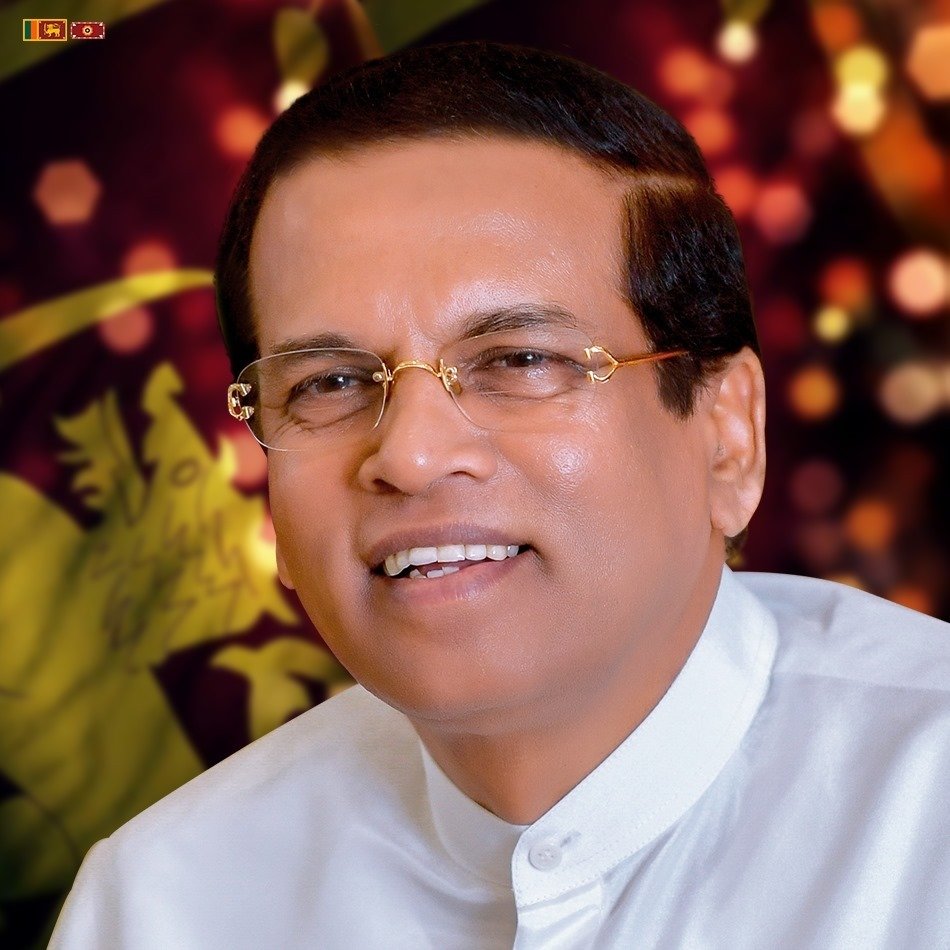
Shocking: Maithripala Sirisena Resigns as SLFP Chairman
Maithripala Sirisena resignation sparks major shift in SLFP leadership dynamics
In a recent development that has sent ripples through the Sri Lankan political landscape, former President Maithripala Sirisena announced his resignation as the Chairman of the Sri Lanka Freedom Party (SLFP). Sirisena’s resignation, according to his own statements, was motivated by a desire to ensure the betterment of the party and its members amidst what he described as a ‘national conspiracy’ aimed at undermining the SLFP.
Speaking to the media in Galle, Sirisena elaborated on the circumstances surrounding his resignation. He cited ongoing legal battles, particularly a court case filed by another former President, Chandrika Bandaranaike Kumaratunga, which resulted in restraining orders against him. Sirisena expressed concern that if he continued to hold the chairmanship under these conditions, the party’s organizers would be unable to contest in elections, as the election commission would not accept their candidacies. This legal predicament, he claimed, left him with no choice but to step down to protect the party’s electoral prospects.
Sirisena’s resignation led to the appointment of Dr. Wijeyadasa Rajapakshe as the Acting Chairman of the SLFP. Sirisena defended this decision, stating that there was no other qualified individual within the party to assume the role. He remarked, “If I reveal their past, they would have to run away. They are attempting to hold the chairmanship without any shame of their doings.” This pointed comment hints at deep-seated issues within the SLFP and Sirisena’s belief that other potential candidates lacked the integrity or capability to lead the party effectively.
Sirisena also addressed various allegations that surfaced following his resignation. One particularly damaging accusation was that he had received Rs. 170 million and had essentially sold the party due to financial pressures stemming from his court cases. Sirisena categorically denied these claims, asserting that his actions were solely motivated by a commitment to the party’s welfare and not personal gain.
In a separate media interaction in Anuradhapura, Dr. Wijeyadasa Rajapakshe confirmed that he would be the SLFP’s presidential candidate. This announcement marked a significant shift in the party’s leadership dynamics. Rajapakshe emphasized that his candidacy was not just a party decision but part of a broader alliance strategy. He stated, “Not as a party, we have formed an alliance. They have decided to appoint me, representing the SLFP and the alliance, and I am ready to face it accordingly.”
The unfolding events reflect a period of considerable turbulence for the SLFP, a party with a storied history in Sri Lankan politics. Sirisena’s tenure as Chairman was marred by controversies and legal challenges, culminating in a high-stakes resignation that underscores the internal and external pressures faced by the party. The allegations of financial misconduct and betrayal further complicate the narrative, casting a shadow over the leadership transition.
Dr. Wijeyadasa Rajapakshe’s emergence as the acting chairman and presidential candidate introduces a new chapter for the SLFP. Known for his legal expertise and political acumen, Rajapakshe’s leadership will be closely scrutinized as the party navigates these turbulent times. His assertion that the party has formed an alliance suggests strategic maneuvers aimed at consolidating political support and strengthening the SLFP’s position ahead of upcoming elections.
The notion of a ‘national conspiracy’ as articulated by Sirisena adds a layer of intrigue to the situation. It reflects a perception of external forces working against the SLFP, a common theme in political narratives where internal crises are often attributed to larger, sometimes nebulous adversarial schemes. Whether this perception holds any substantial truth or is merely a rhetorical device to rally support remains to be seen.
In conclusion, Maithripala Sirisena’s resignation as Chairman of the SLFP and the subsequent appointment of Dr. Wijeyadasa Rajapakshe mark significant developments in Sri Lanka’s political arena. These events highlight the challenges faced by established political parties in maintaining unity and integrity amidst legal and political pressures. As the SLFP prepares for the future under new leadership, the coming months will be crucial in determining its trajectory and influence in Sri Lankan politics. Dr. Rajapakshe’s role as the presidential candidate will be pivotal, not only in terms of electoral success but also in shaping the party’s identity and strategic direction in a rapidly evolving political landscape.




Leave A Comment